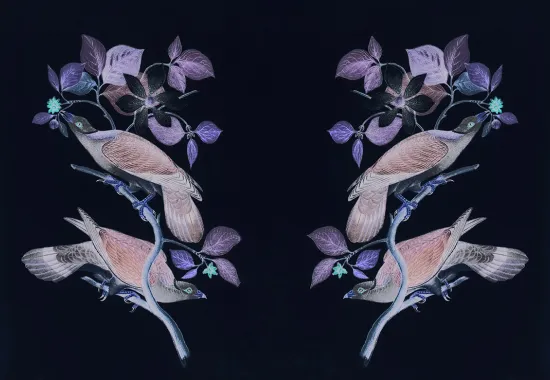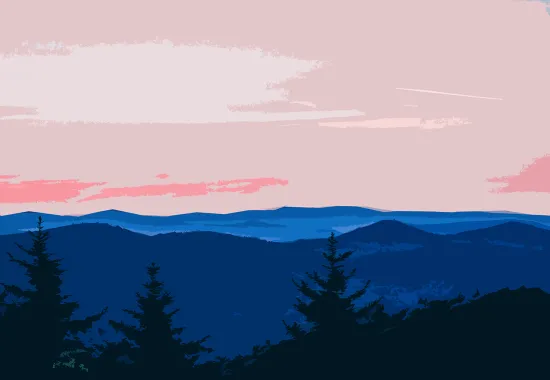Next Big Thing Interview
In celebration of National Poetry Month, the North American Review Blog will be hosting several installments of The Next Big Thing Self-Interview Series, in which writers answer the same nine questions about their forthcoming books or works-in-progress!
This week’s contribution comes from Rachel Morgan, whose work is innovative, curious, intelligent, and imaginative. Be sure to keep an eye out for her work. She will continue to do big things in the literary world!
Originally from Tennessee, Rachel Morgan now lives, teaches, and writes in Iowa. She is a graduate of the Iowa Writers’ Workshop. She is a co-editor of Fire Under the Moon: An Anthology of Contemporary Slovene Poetry. A chapbook of her poetry, Things We Lost in the Fire, was published by Flag Pond Press. Her work has appeared or is forthcoming in the North American Review, Fence, Denver Quarterly, The Pisgah Review, Volt, Hunger Mountain, and other journals.
*
What is the working title of the book?
Coal
Where did the idea come from for the book?
While cleaning out my great aunt’s house, Appalachia style (fire in the front yard), I came across odd relics and letters that echoed stories I grew up hearing. At the time I was living in Los Angeles, so these discoveries were an unworldly and welcome déjà vu.
What genre does your book fall under?
Poetry.
What actors would you choose to play the part of your characters in a movie rendition?
I think they already made this movie; it’s called Coal Miner’s Daughter, and Sissy Spacek rocked it.
What is the one sentence synopsis of your book?
Examining the effects of coal mining on landscape, family, the local economy, and environment in a culture where story is the main form of literacy.
How long did it take you to write the first draft of the manuscript?
Two weeks for the bones of the book and five years for revising. The structure and voice of the book, which is captured through letters of a WWII soldier to his sister, were instantaneous, but the eclogues took longer to develop.
Who or what inspired you to write this book?
Finding the artifacts from my great aunt’s house was a tangible start, but the voice of my grandfather heavily influences the book. He was a true Appalachian storyteller, able to weave myth and history, so that it didn’t matter which was which. I also visited abandoned coal mines in Virginia and Kentucky and researched regional folklore and geography, then turned to Virgil’s eclogues and Horace’s odes.
What else about your book might pique the reader’s interest?
Hillbillies, murder, and love.
Will your book be self-published or represented by an agency?
What? There are agents that represent poetry? Does that mean there is money and fame in poetry?
*
Thanks to poet Catherine Pritchard Childress for tagging me last week. Next week poets Vince Gotera and Bridgette Bates will speak about their latest work. Happy National Poetry Month.
Recommended
The Shirt
After Hearing David Rothenberg Sang with Birds
Frothing Pink Poodle Droppings





